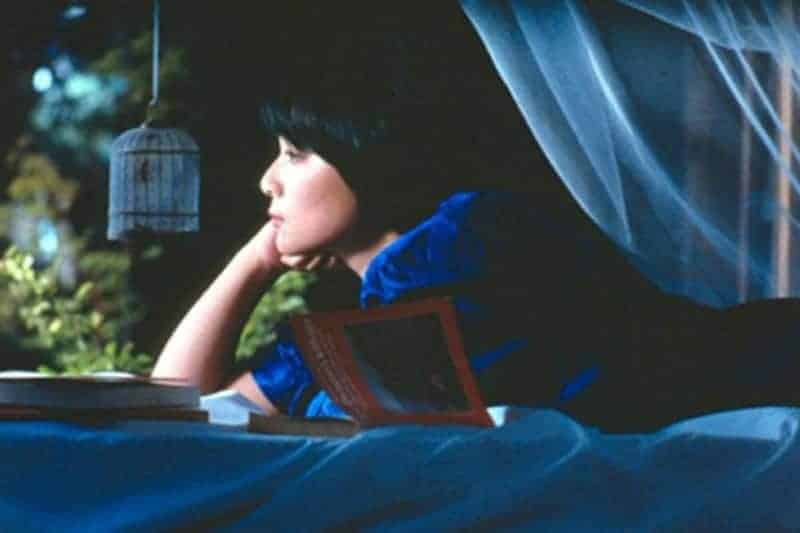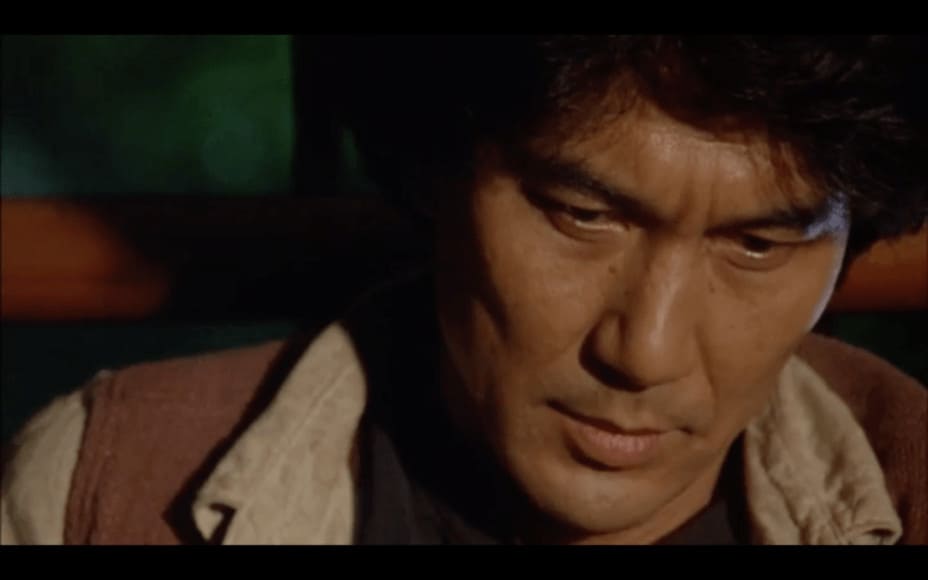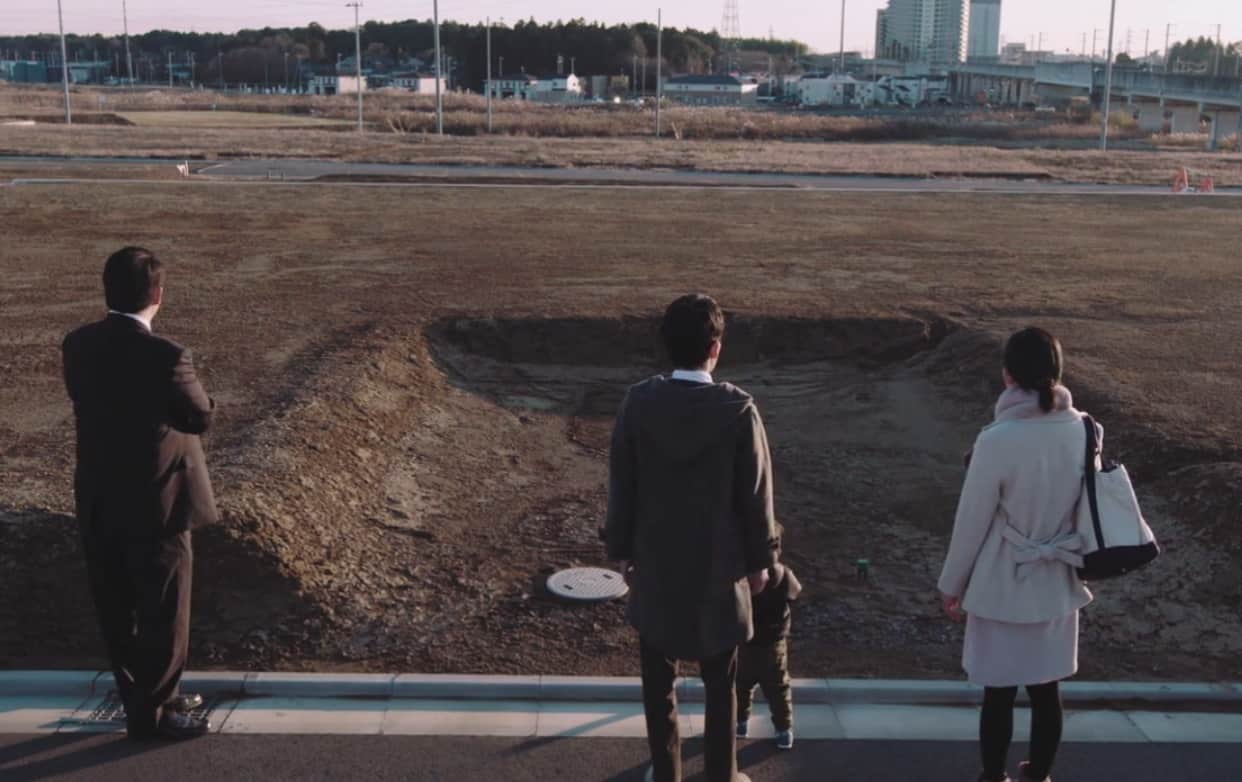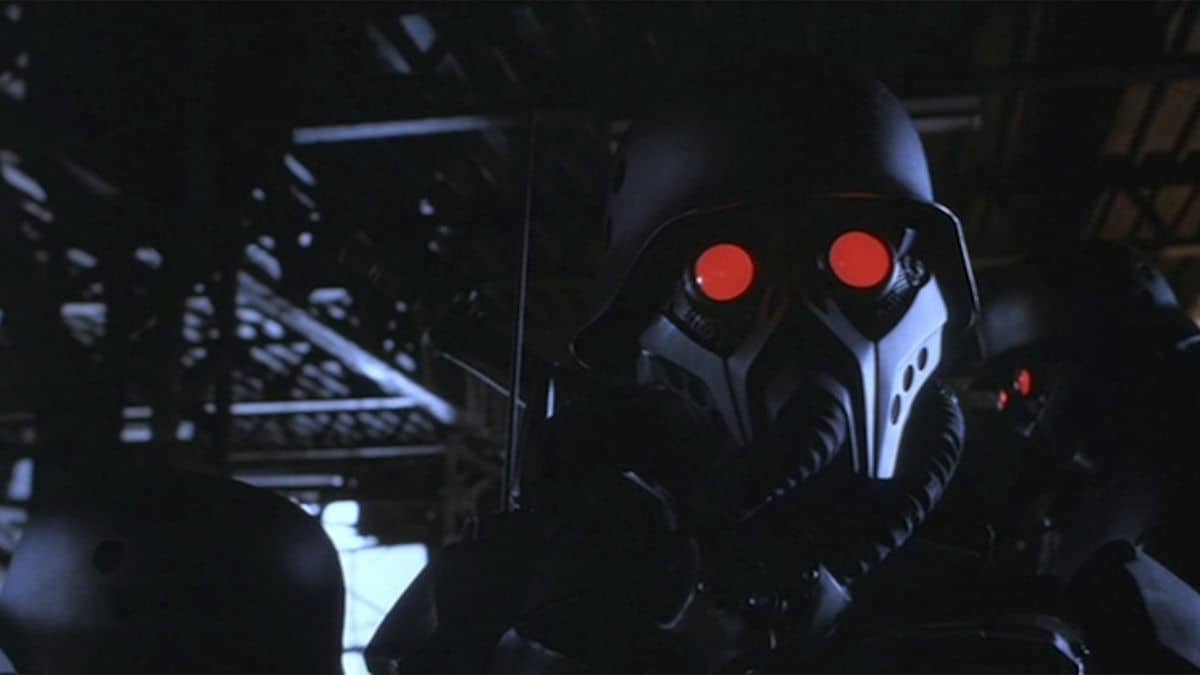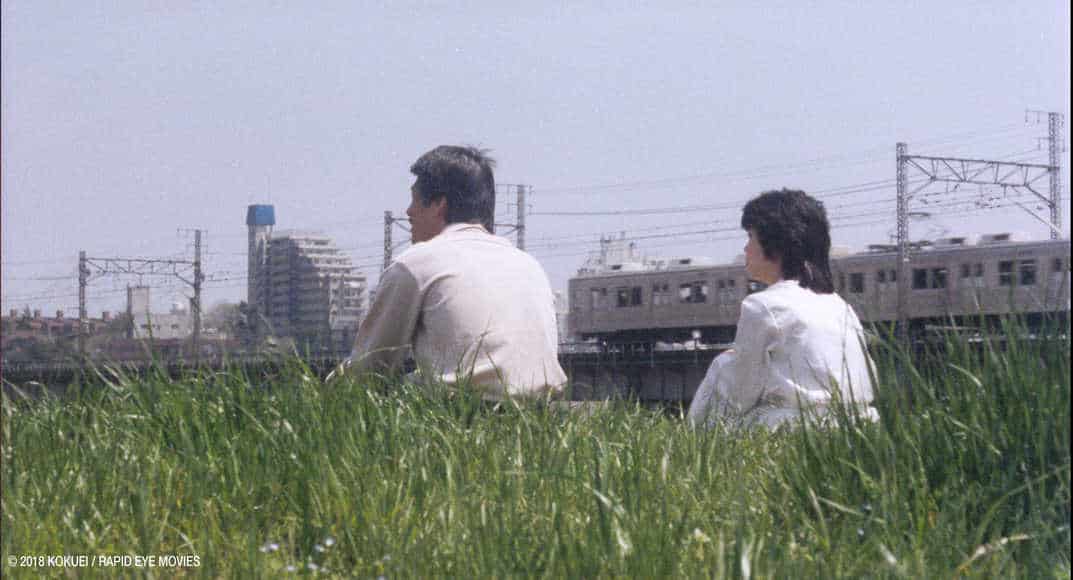Trinh T. Minh-ha's fifth film, the first in 35-millimeter and her first narrative feature uses the long Vietnamese poem “The Tale of Kiều” (1820), seen by the Vietnamese people as a mythical biography of the ‘motherland' marked by internal turbulence and foreign domination, as the base of a genuinely experimental effort.
The film was part of ICA's retrospective of Trinh T. Minh-ha
The story is set in San Francisco and revolves around Kieu, a young woman who works as a writer for a women's magazine and as a photo-model for a photographer who is also her lover. Despite her base, she retains her links to Vietnam, sending money to her family, whose members still live there.
With a distinct disregard for the standards of narrative, Trinh T. Minh-ha focuses the film on the discussions Kieu has with her property owner, the photographer, and the owner of the magazine, regarding a number of topics, which include independent women, the loss of language and culture, the way the Vietnamese perceive their country, love, and Kieu (the writer) and his poem. All of the above are coated in some very fitting, traditional/folk Vietnamese songs that implement the atmosphere Trinh wanted to give quite nicely. The same applies to Kathleen Beeler's cinematography, which uses, quite frequently, intense red hues, while she also presents the erotic element in the film through kaleidoscopic framing and some very artistic nudity. Trinh's own editing implements the experimental narrative of the film in abstract fashion, as the succession of the scenes plays with the concept of dream and reality and their sometimes non-existent borders.
Mai Huynh, who plays Kieu, is quite good in her role, in surrealistic fashion, with the director drawing much from her impressive looks.
Occasionally, however, I felt that “A Tale of Love” is more of a visualization of a series of lectures, than an actual movie, since the discussions between Kieu and the rest of the characters are quite long, which makes the film somewhat difficult to follow, after a fashion. Obviously, she wanted to play with form and its conventions, but I feel that she lost the sense of measure at some point, as she wanted to present her opinion on a plethora of topics, which seem to have nothing to do with neither the narrative nor the poem, despite the fact that some of the opinions expressed are quite interesting.
“A Tale of Love” is not a film for everyone, as its experimental and lecture-like nature makes it quite difficult for the mainstream audience to watch. Its value though, lies also in this concept, which deems it a unique kind of movie that deserves a watch for its originality, as much as for its music and cinematography.


